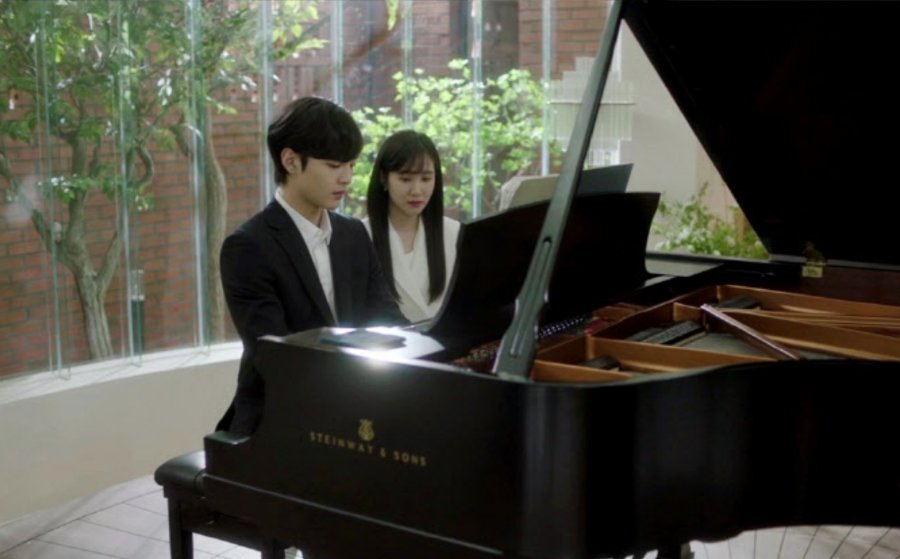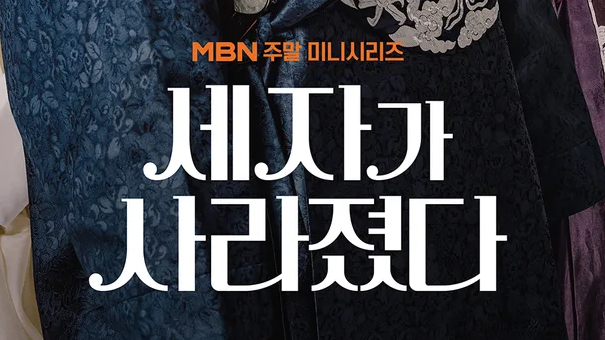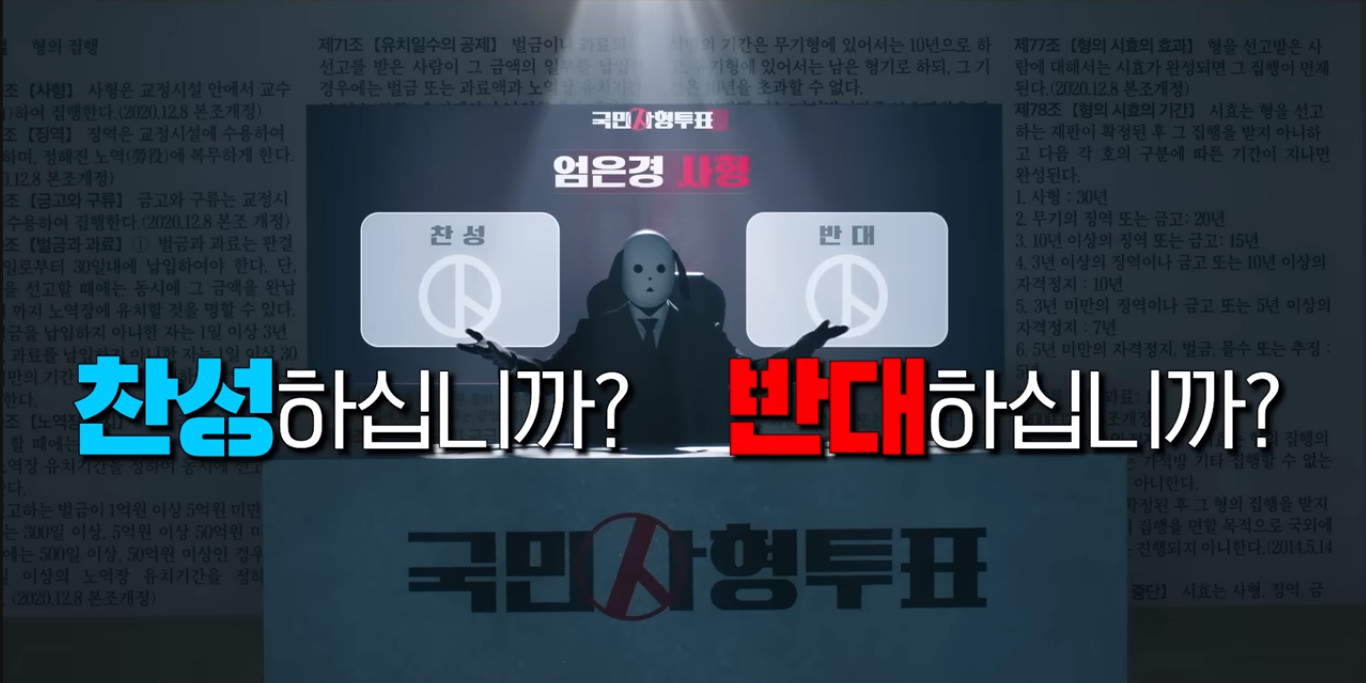Did you like it? Do share this post, leave a comment below, and send me a gift! (opens in a new tab/window)
Reaction: Exploring the Emotional Depths of «Do You Like Brahms?»
A reaction about the message and pain on the K-drama «Do You Like Brahms?»

I recently began watching the Tagalog-dubbed version of Do You Like Brahms? (브람스를 좋아하세요?) on Viu OTT after missing its original 2020 airing due to the deep pain caused by the end of my 15-year relationship. As I watch the series now, I find it surprisingly painful.
Apart from the intricate relationships depicted in the show, I’m captivated by the exceptional performances of Park Eun Bin (박은빈) and Kim Min Jae (김민재). In my opinion, this is the first time Kim Min Jae (김민재) seems perfectly matched with his on-screen partner, and in this case it’s Park Eun Bin (박은빈), to the point where I envision them being a perfect couple in real life.
While the show’s storyline reminds me of my recent breakup, it’s not just the narrative that stirs my emotions; it’s the underlying pain within it. Even though I’ve moved on, memories can still be haunting when there’s nothing to replace them.
Moreover, the pain experienced by the main male character, portrayed by Kim Min Jae (김민재), in his relationship with his mother resonates deeply with me. My own mother is currently ill, and the financial struggle to afford her necessary medical treatment leaves me feeling helpless and despondent. She has sacrificed so much to raise us and overcome various family challenges. Balancing my personal happiness and responsibilities towards her well-being becomes a profound dilemma.
Regardless of the challenges, disagreements, and ups and downs one may have with their parents, especially their mother, witnessing them endure hardships and illness is an unbearable burden. Though difficult to express, this sentiment runs deep within us. I find a connection with Kim Min Jae (김민재)’s character, not one-to-one, but in the underlying essence of his struggle.
While Do You Like Brahms? (브람스를 좋아하세요?) primarily focuses on romantic relationships, it also touches on the love within families—how we navigate our connections with our parents and the impact it has on our personal lives. It compels us to contemplate whether our lives should solely revolve around our individual aspirations or also extend to supporting the parents who raised us.
In summary, Do You Like Brahms? (브람스를 좋아하세요?) is a compelling drama that delves into the complexities of human relationships, both romantic and familial, resonating with viewers on profound emotional levels.
DO YOU LIKE BRAHMS? Trailer | Kim Min Jae, Park Eun Bin | Now on Viu
Watch Kim Min Jae and Park Eun Bin in Do You Like Brahms? with with english subs on Viu.
The work shown above is Copyrighted to Viu Singapore.










